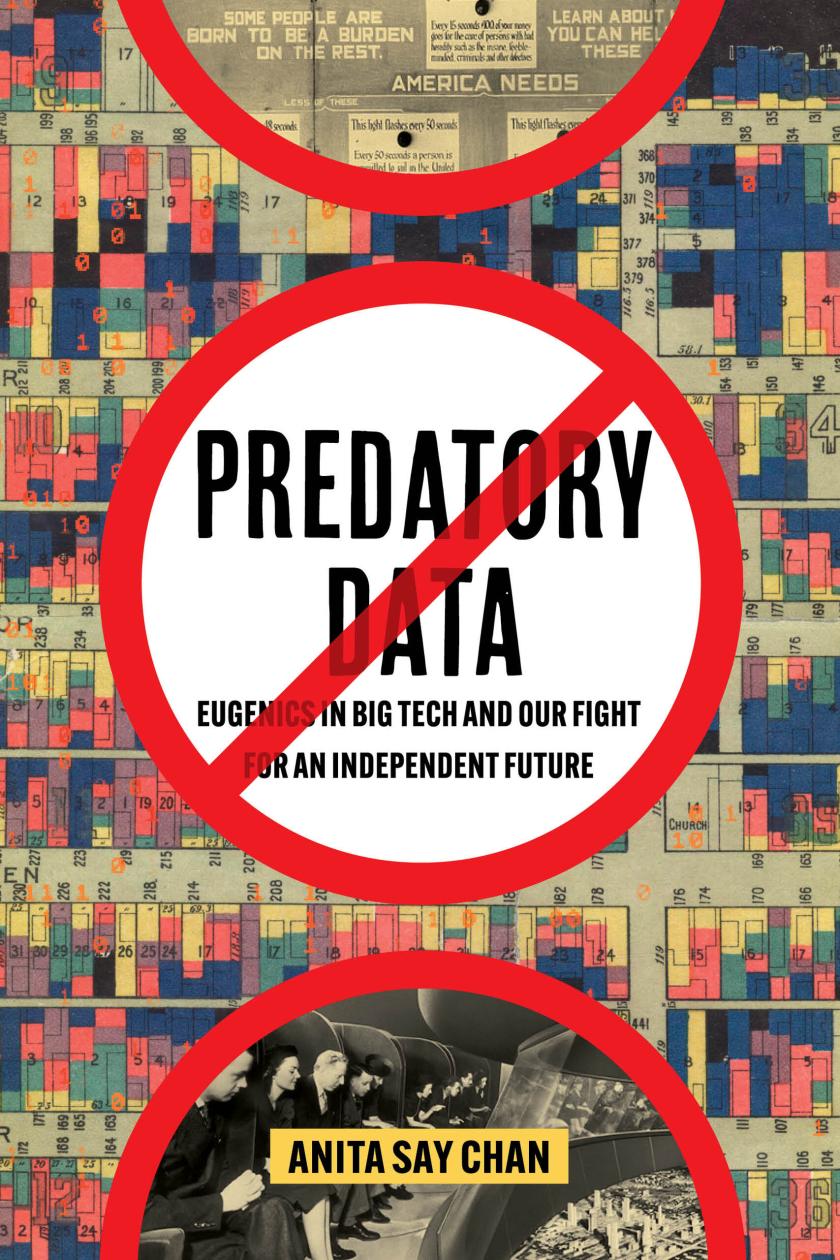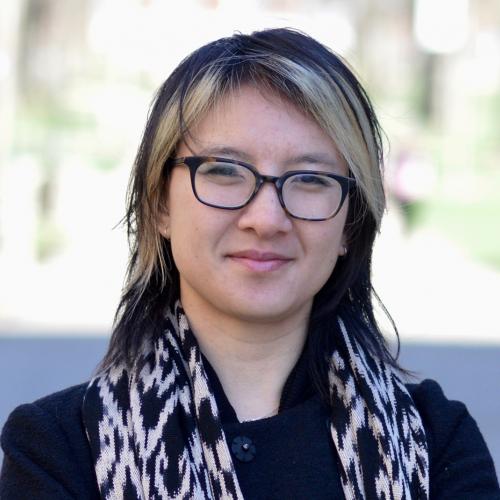Associate Professor Anita Say Chan has authored a new book that identifies how the eugenics movement foreshadows the predatory data tactics used in today's tech industry. Her book, Predatory Data: Eugenics in Big Tech and Our Fight for an Independent Future, was released this month by the University of California Press and featured in the news outlets San Francisco Chronicle and Mother Jones.
Over a century ago, the eugenics movement sought to eliminate "undesirable" traits in society through selective breeding (sterilization). It was biased against marginalized groups such as immigrants, people with disabilities, and the poor. Chan defines "predatory data" as "the habitual use of data and research methods that exploits the vulnerable and abuses power through datafication and prediction operations." In her book, she reveals how Big Tech uses these predatory data collection methods to target minoritized populations with the goal of generating profit.

"Predatory Data addresses sites and temporalities beyond the data-driven products and architectures of Western innovation centers that have too often been protagonized as explanatory agents, as if the most pressing questions of the contemporary were ones of how to sustain unparalleled economic growth and technological revolution, and not ones of collective pluriversal living," Chan writes.
Her book shares lessons that society can learn from today's global justice-based data initiatives and from the data collaborations of earlier feminists, immigrants, and other minorities who refused eugenic models.
Chan is an associate professor in the iSchool and also holds an appointment in the Department of Media and Cinema Studies in the College of Media. She directs the Community Data Clinic at the National Center for Supercomputing Applications (NCSA) and iSchool and co-leads the Just Infrastructures Initiative with faculty in the Grainger College of Engineering. She has served as a Fiddler Innovation Faculty Fellow at the NCSA, Provost Fellow for International Affairs and Global Strategies at the University of Illinois, and Faculty Affiliate at the Data & Society Research Institute in New York City. Chan received her PhD from MIT in the history and anthropology of science and technology studies.
